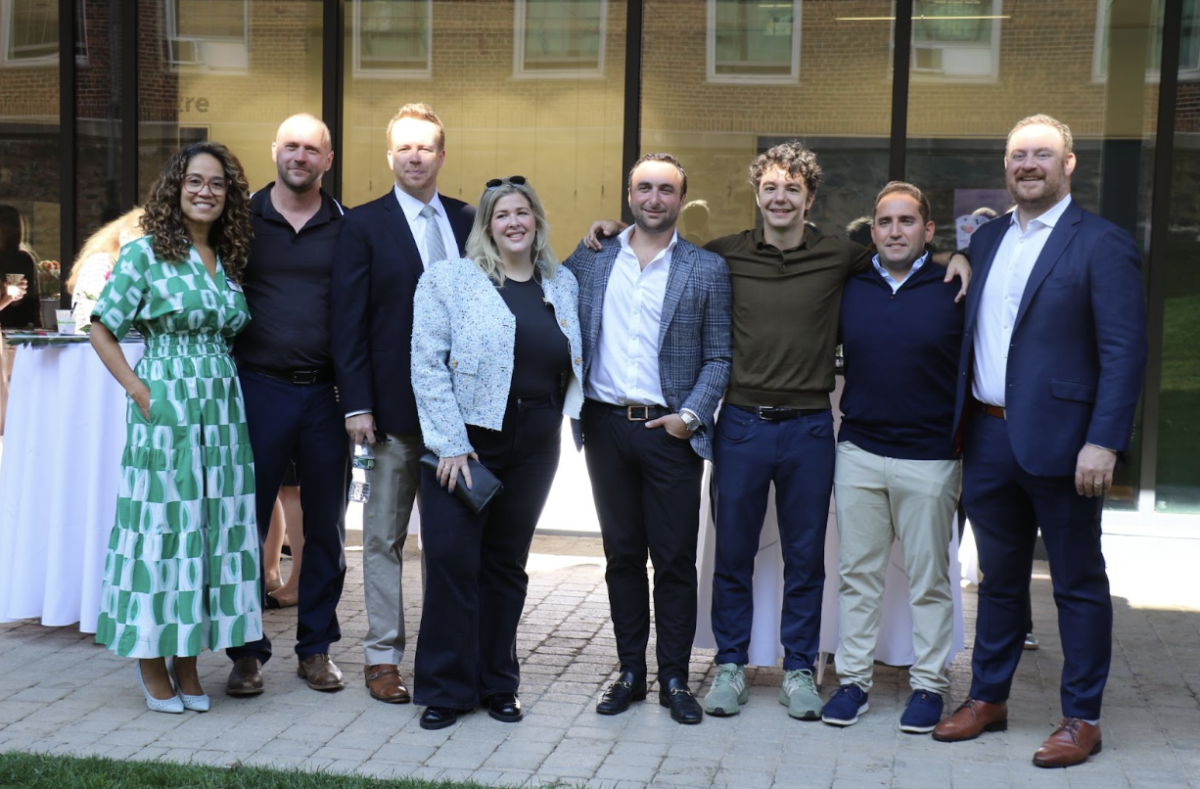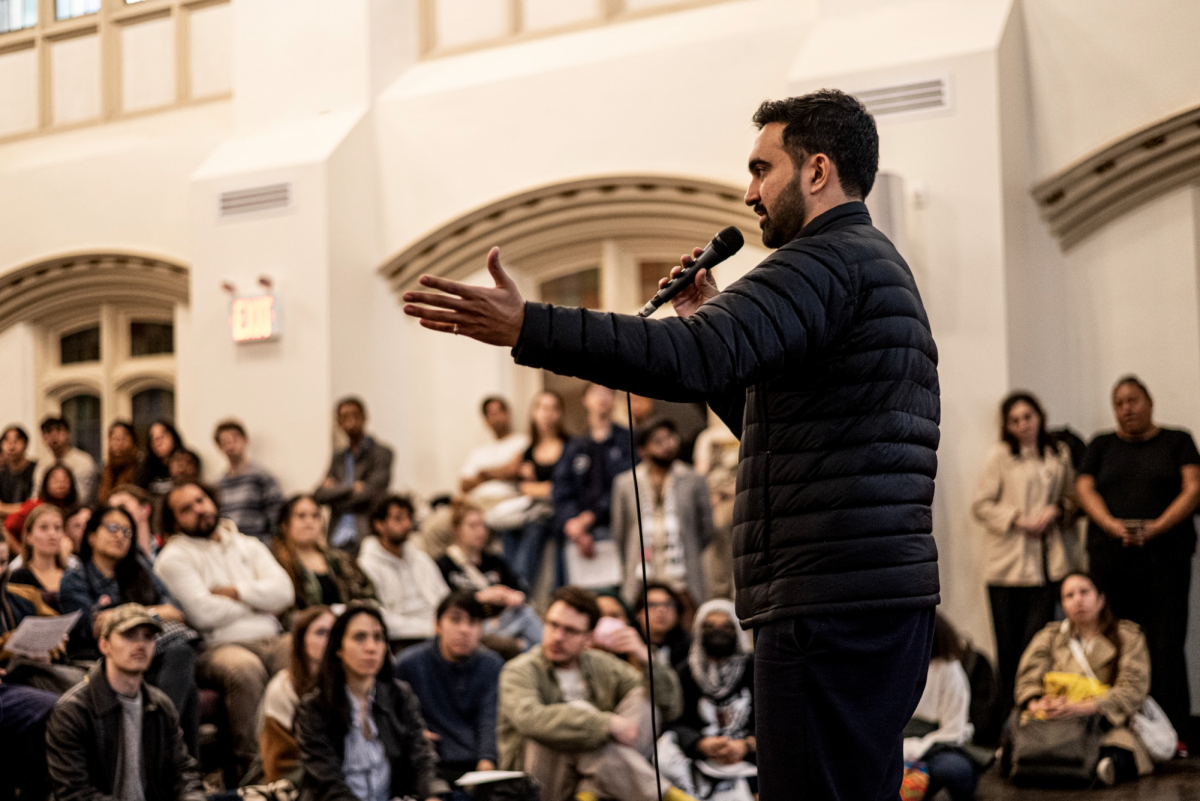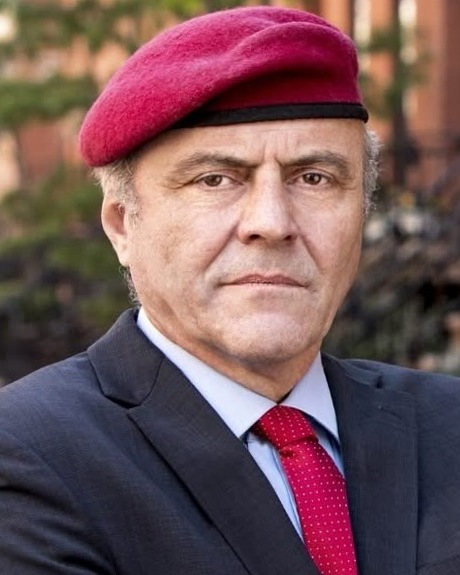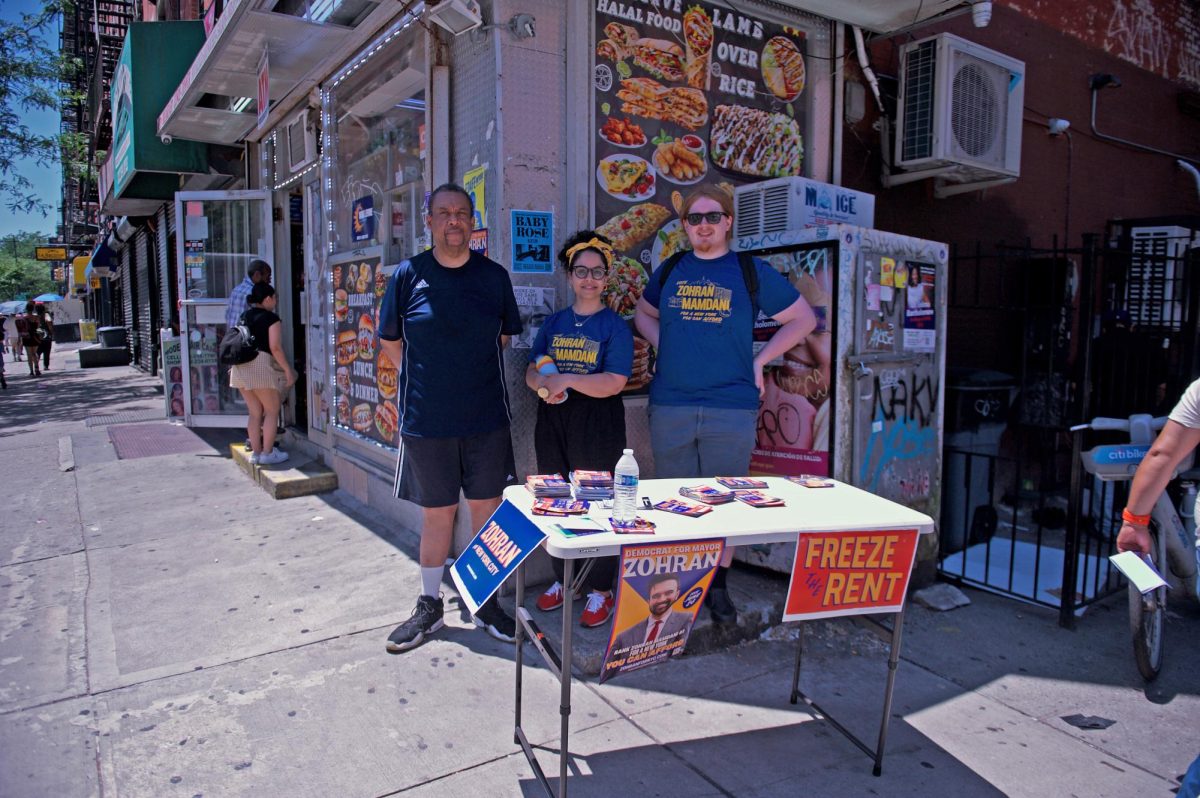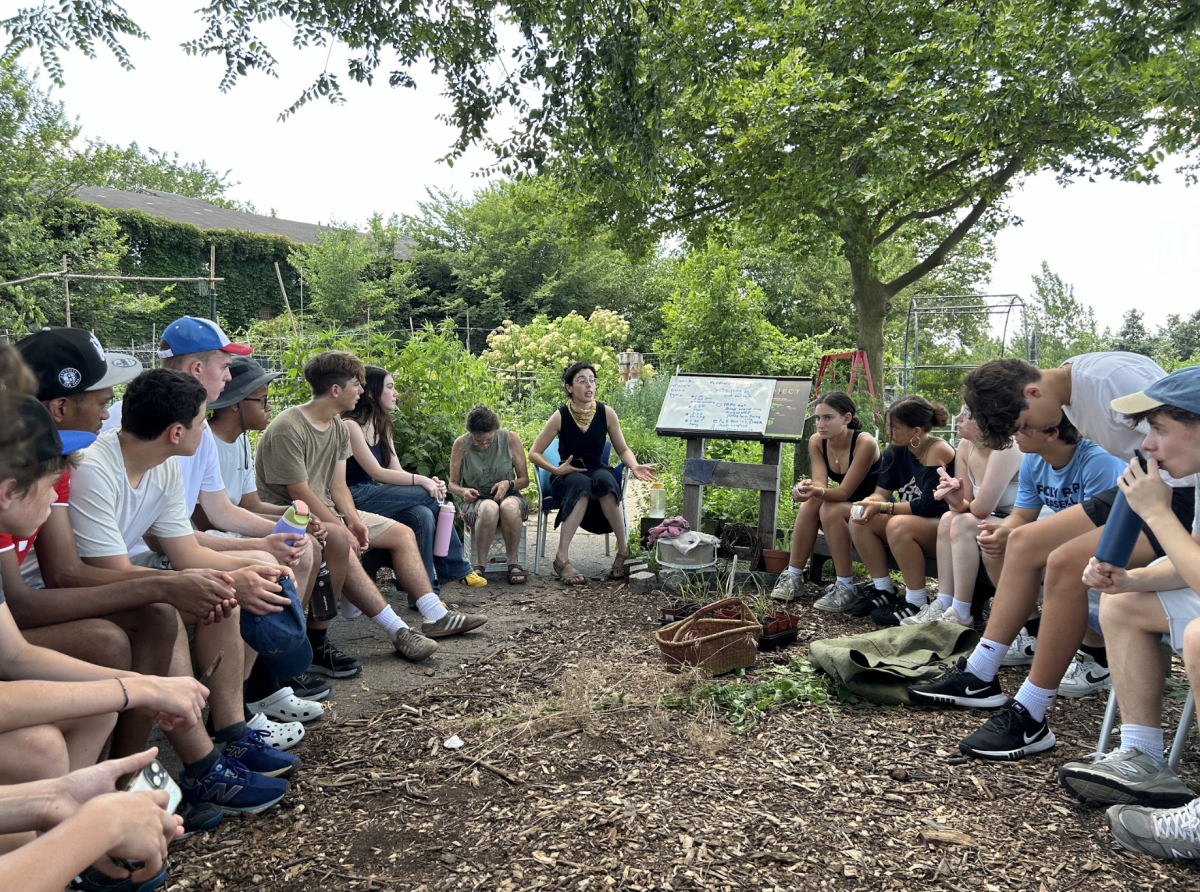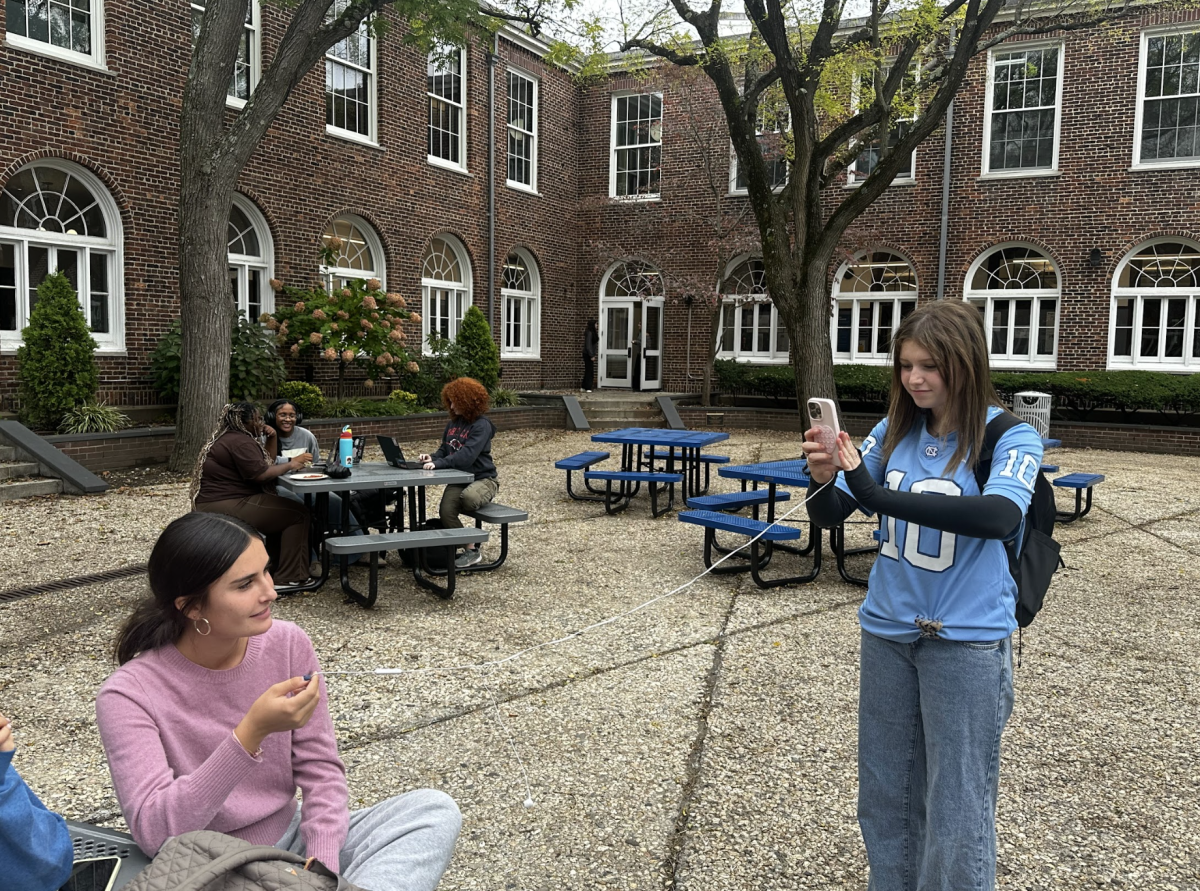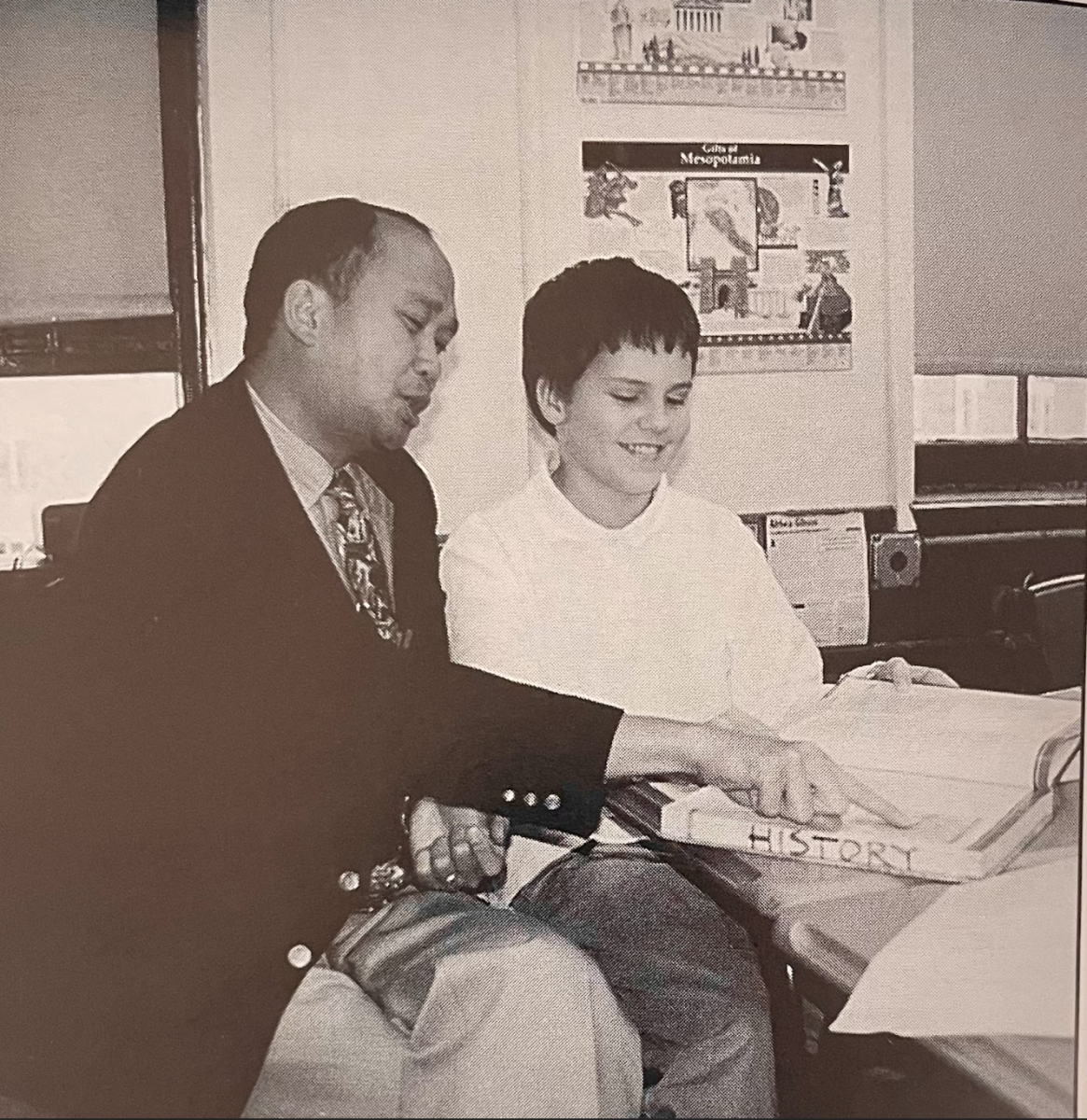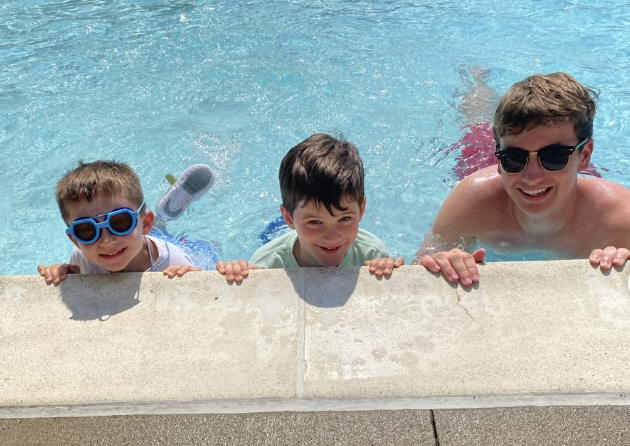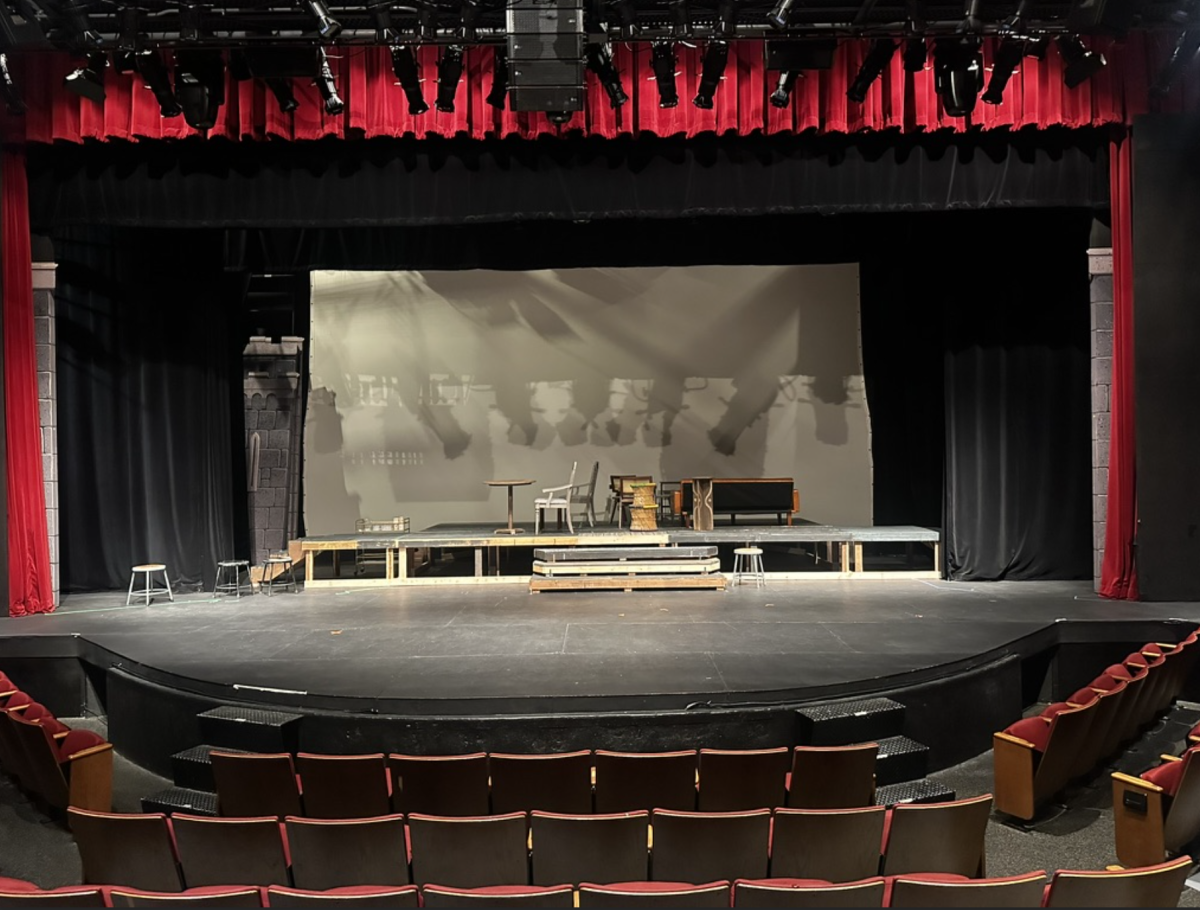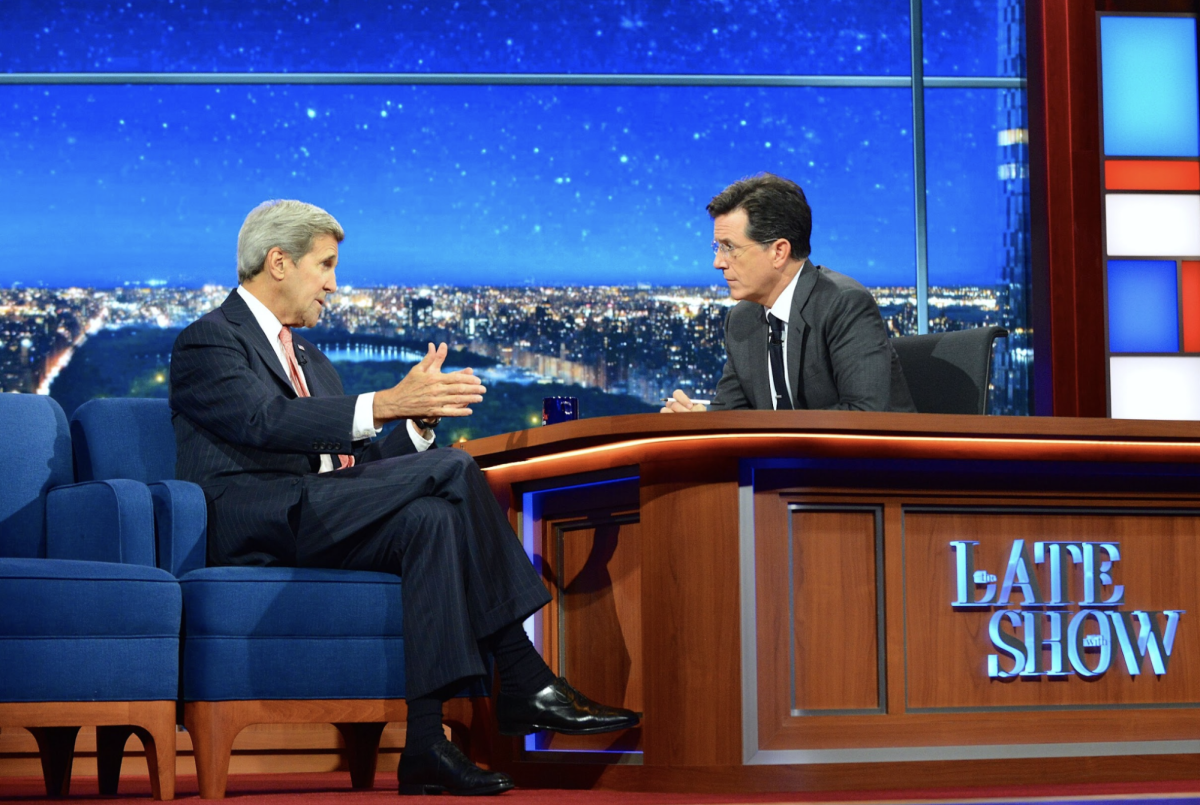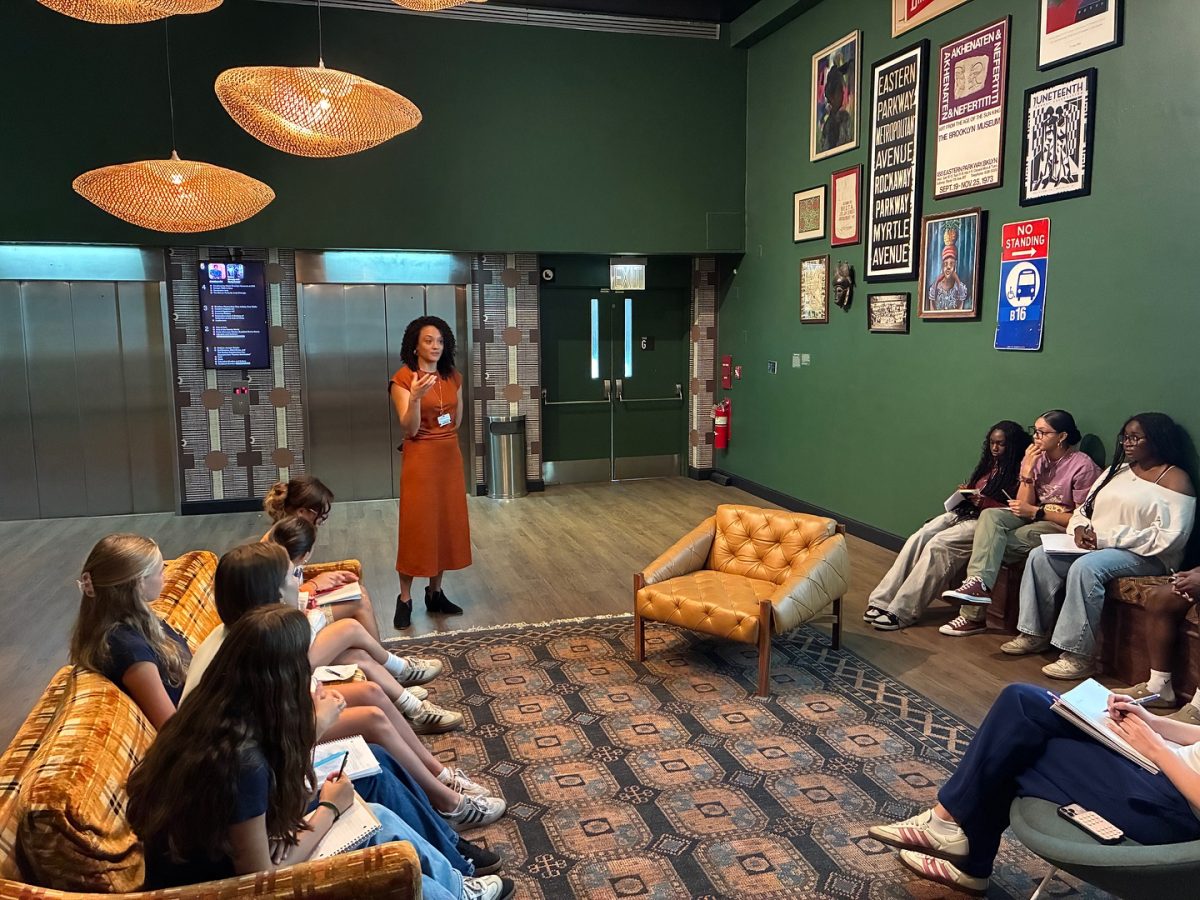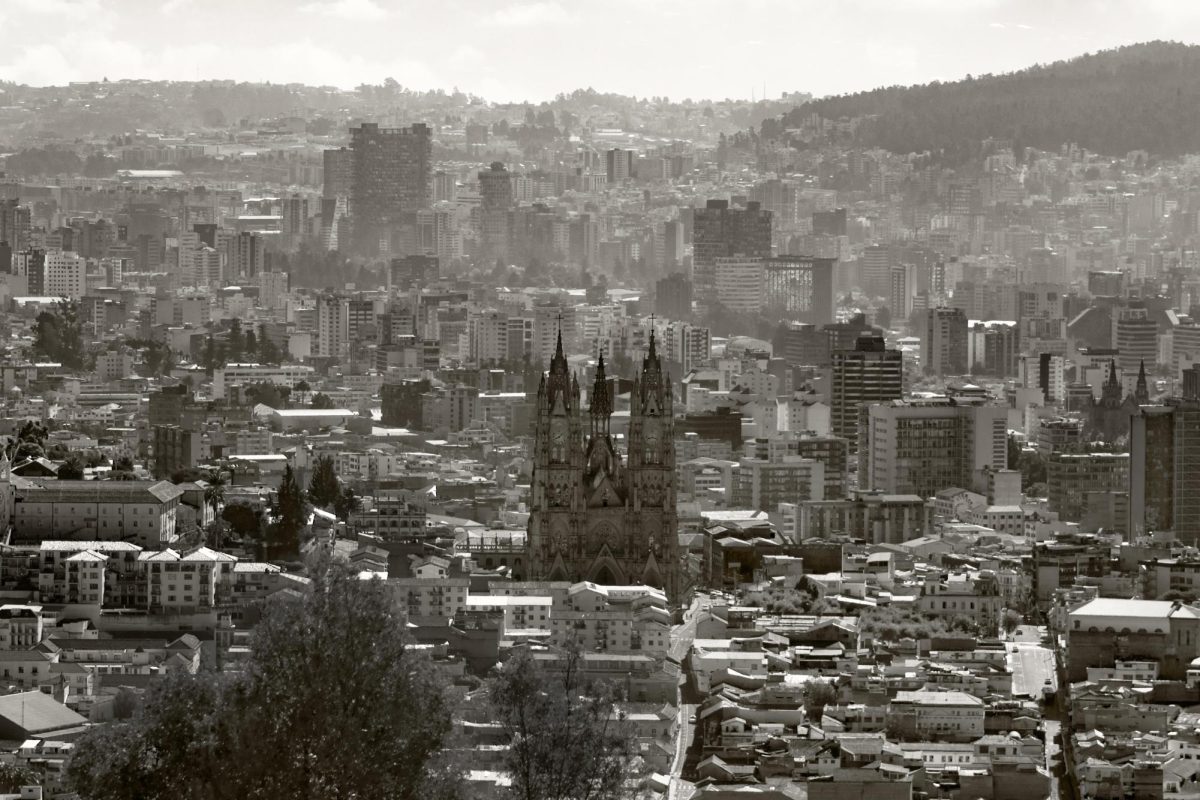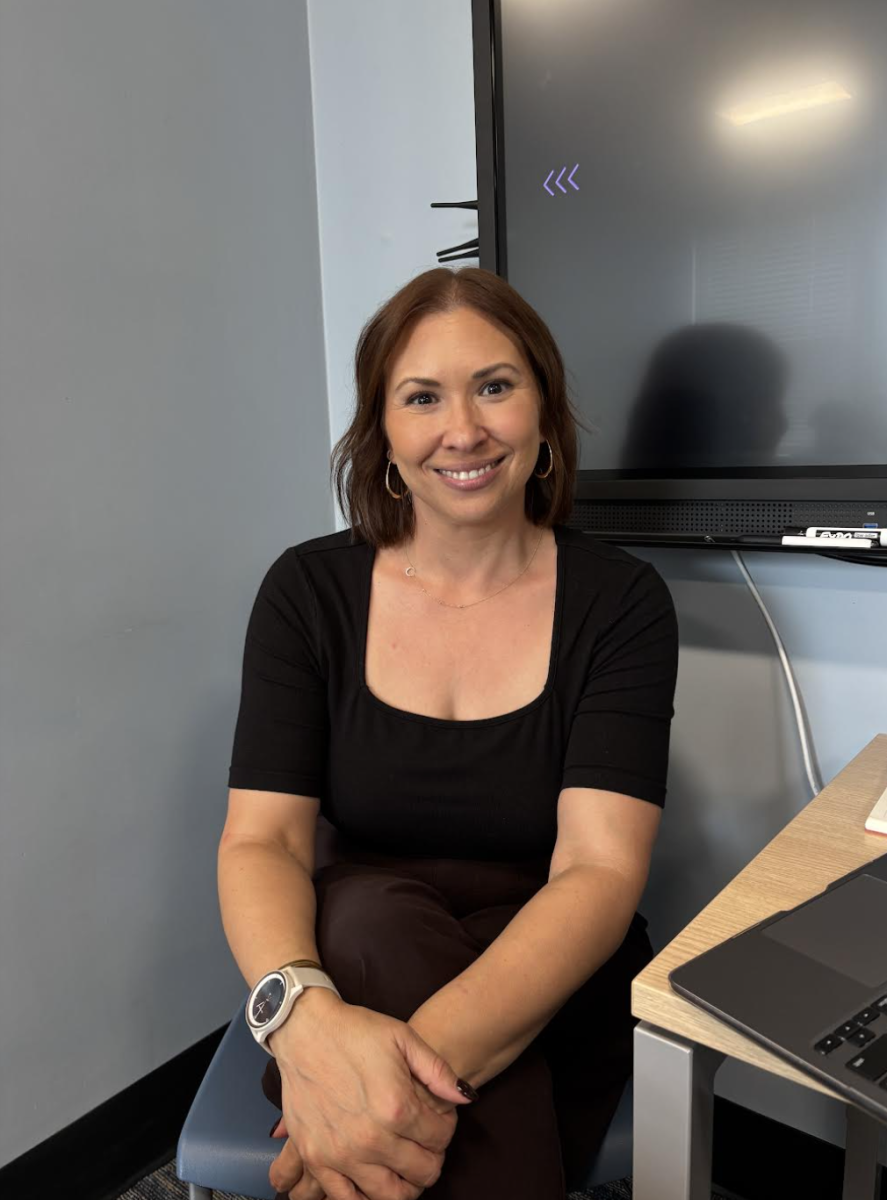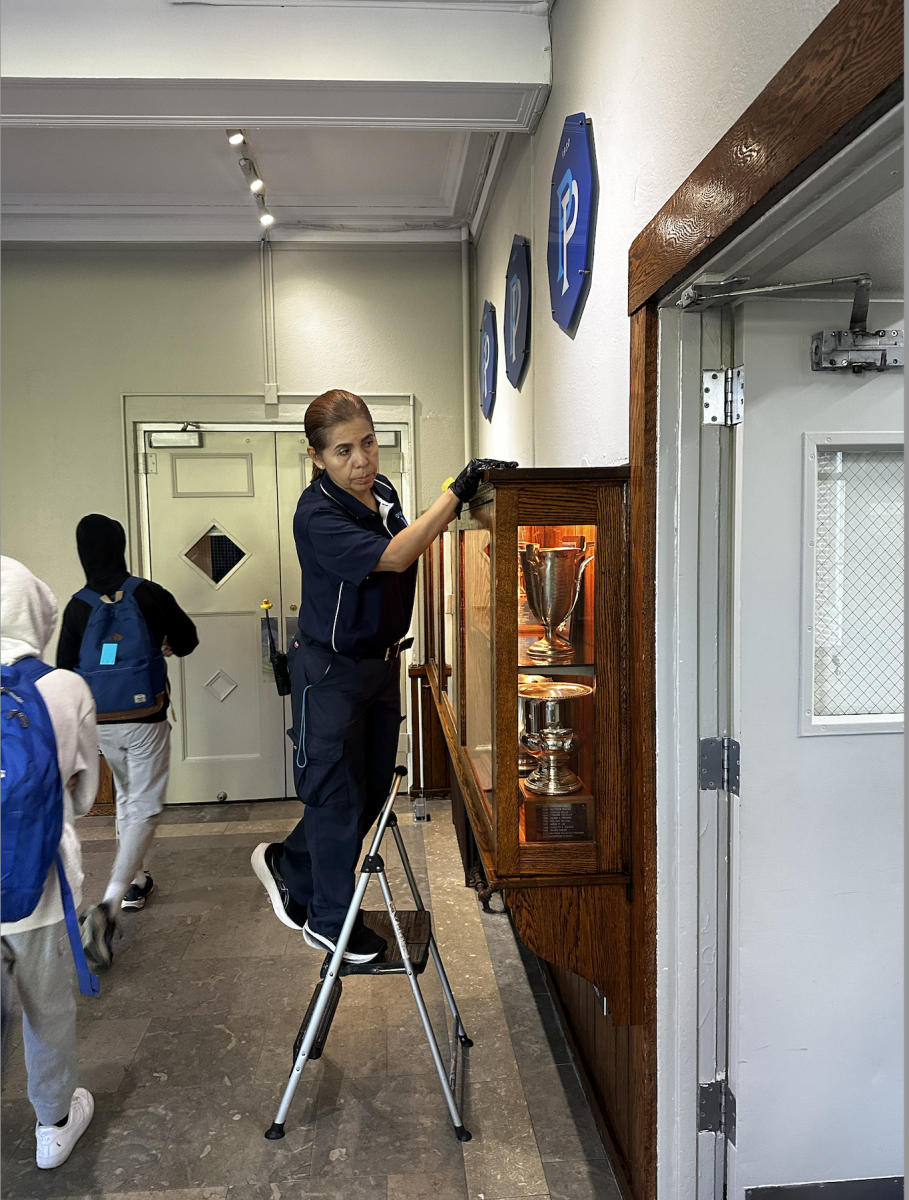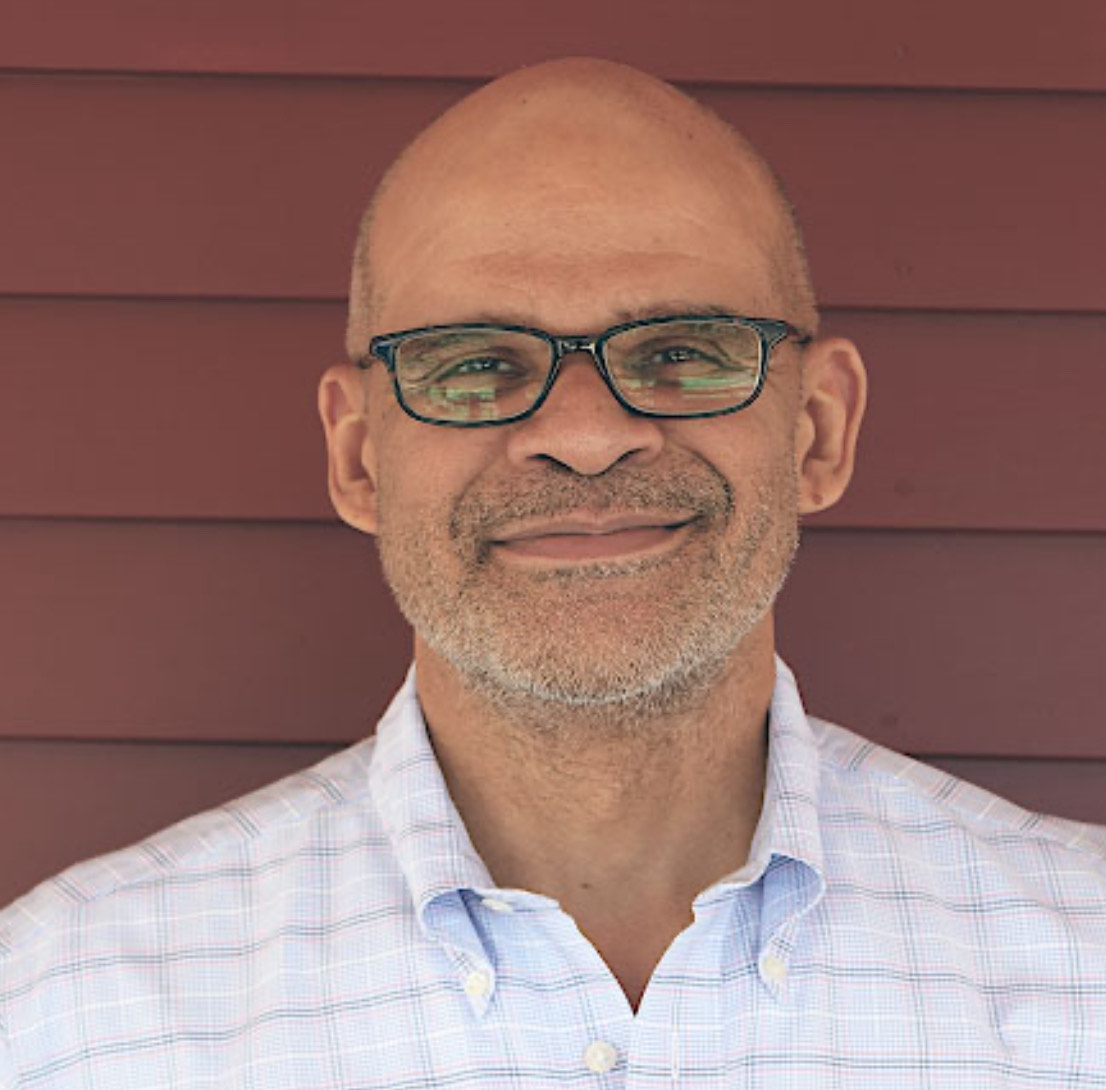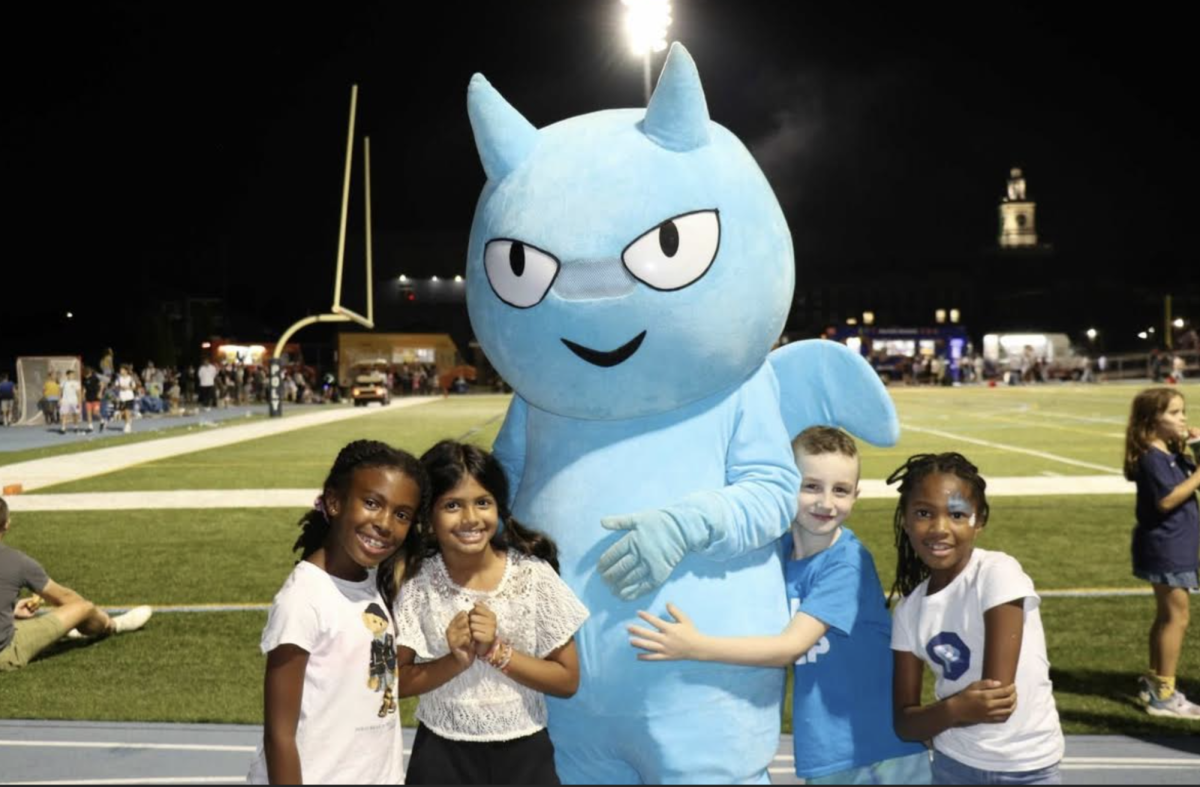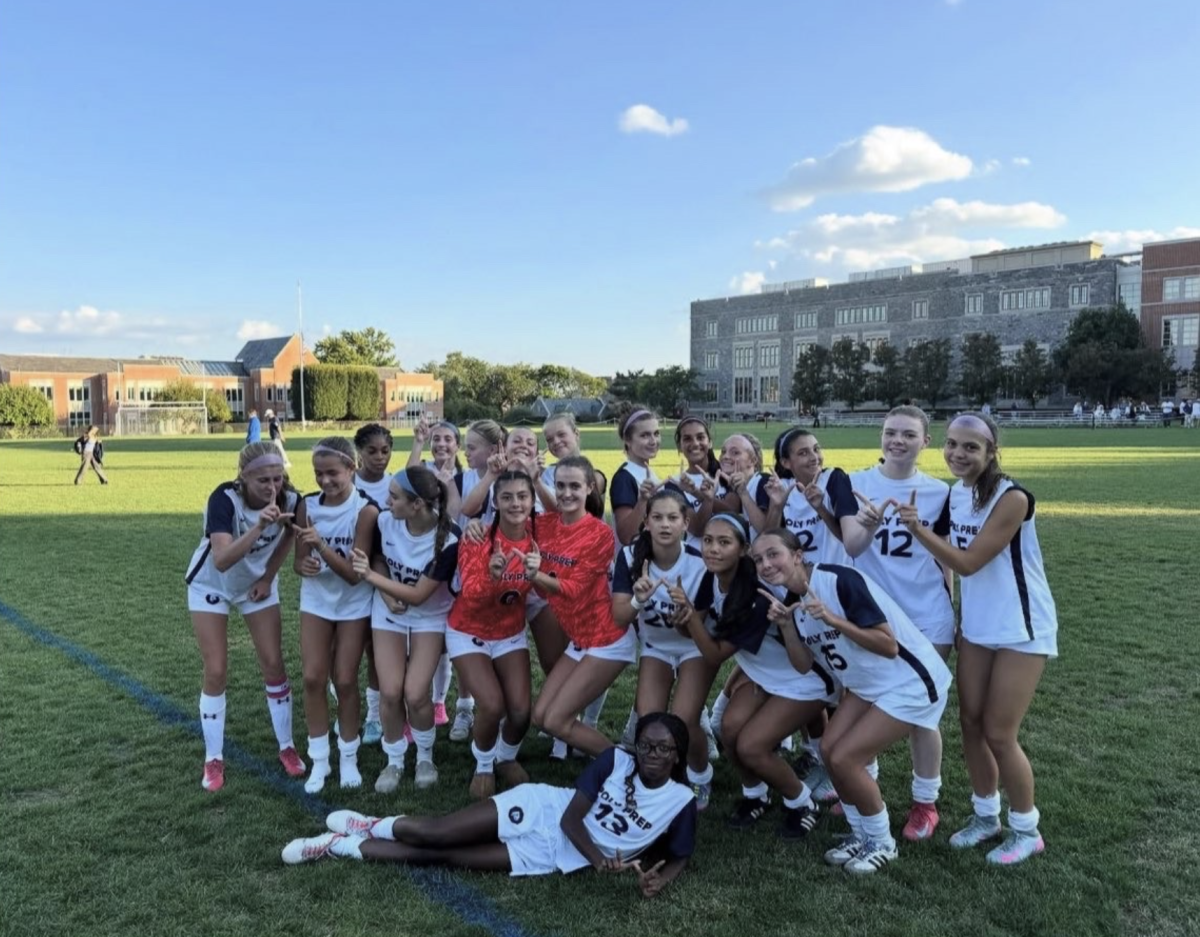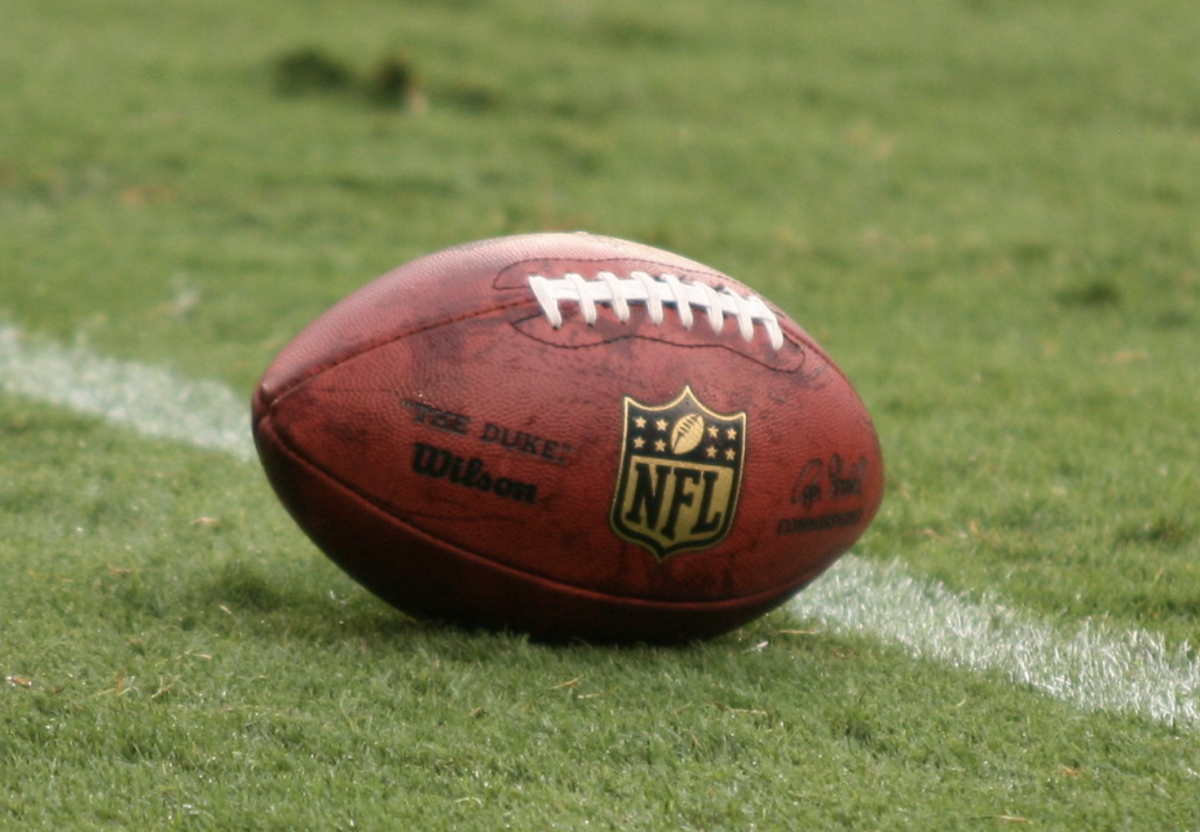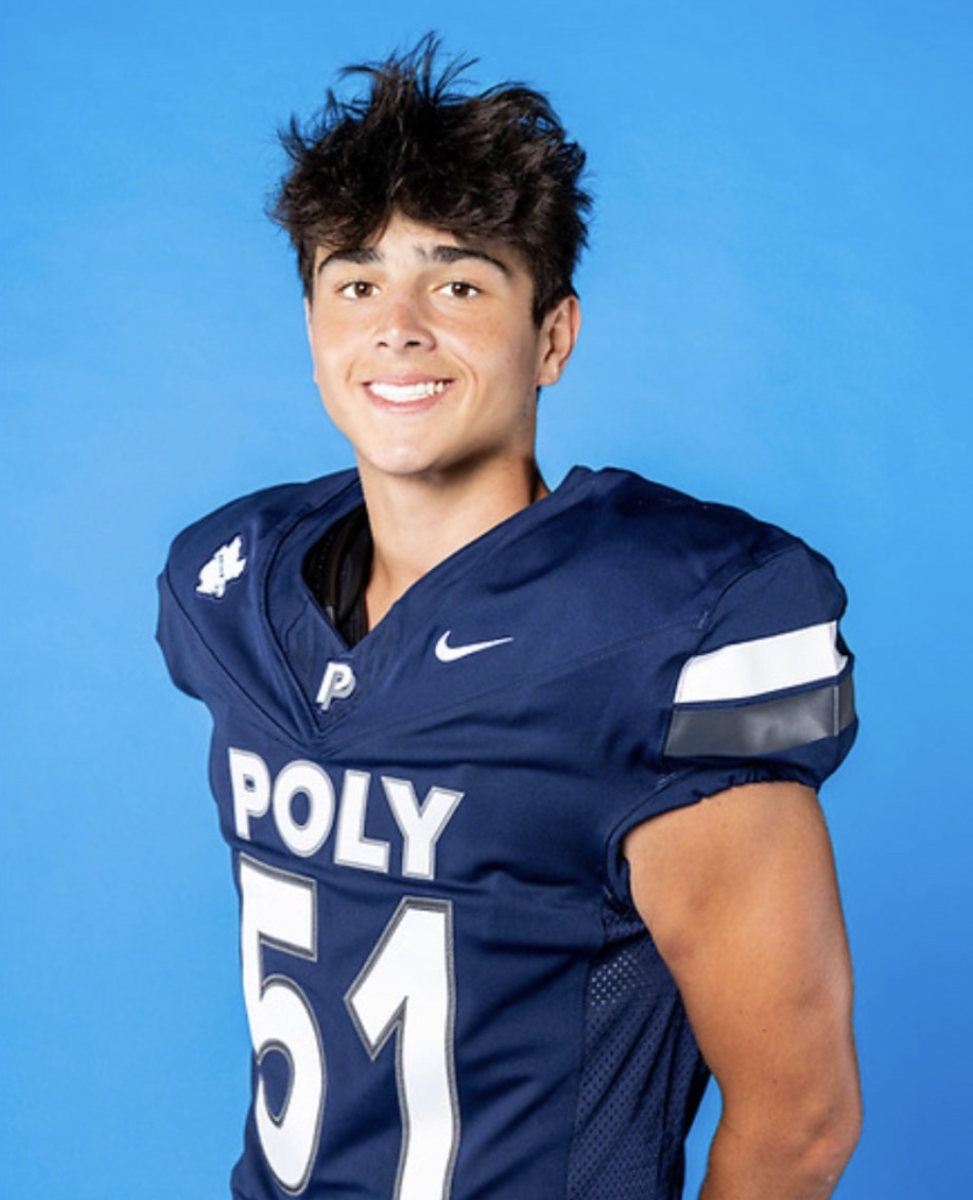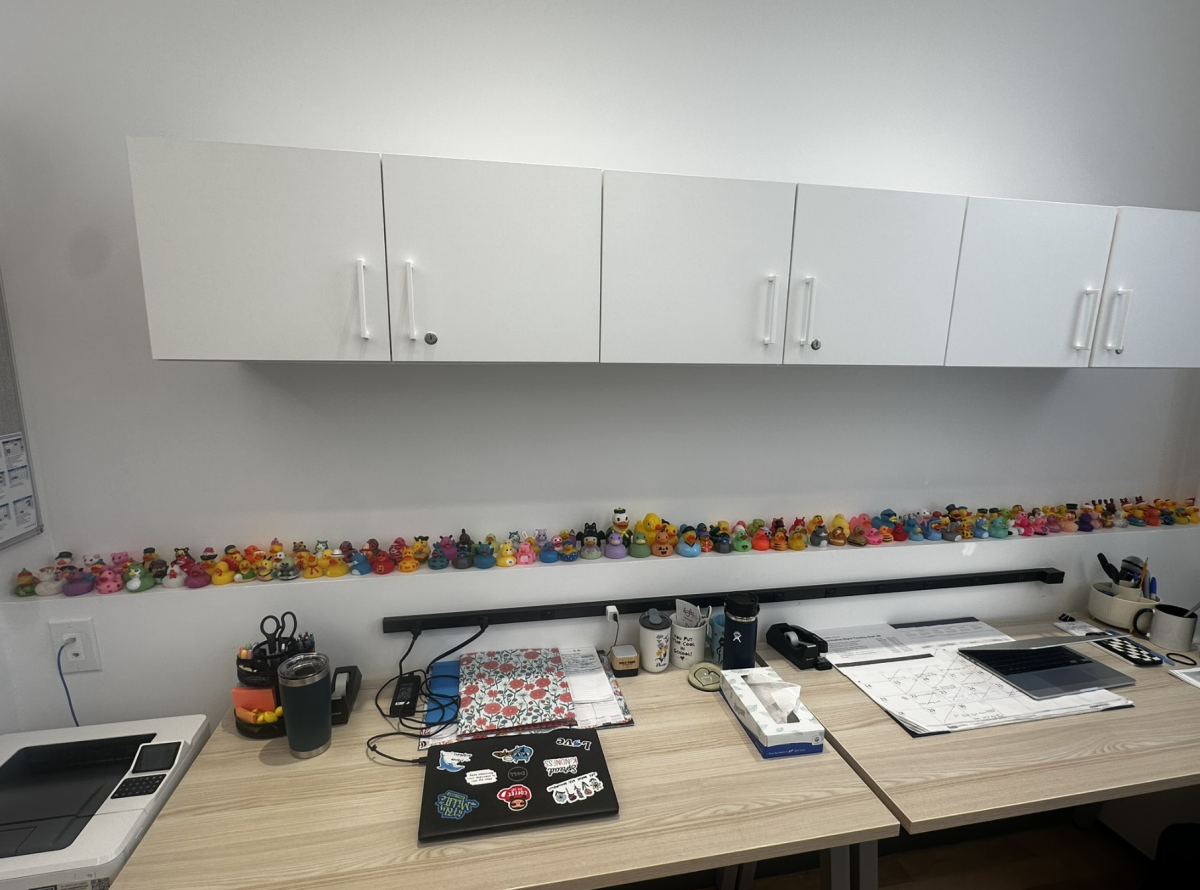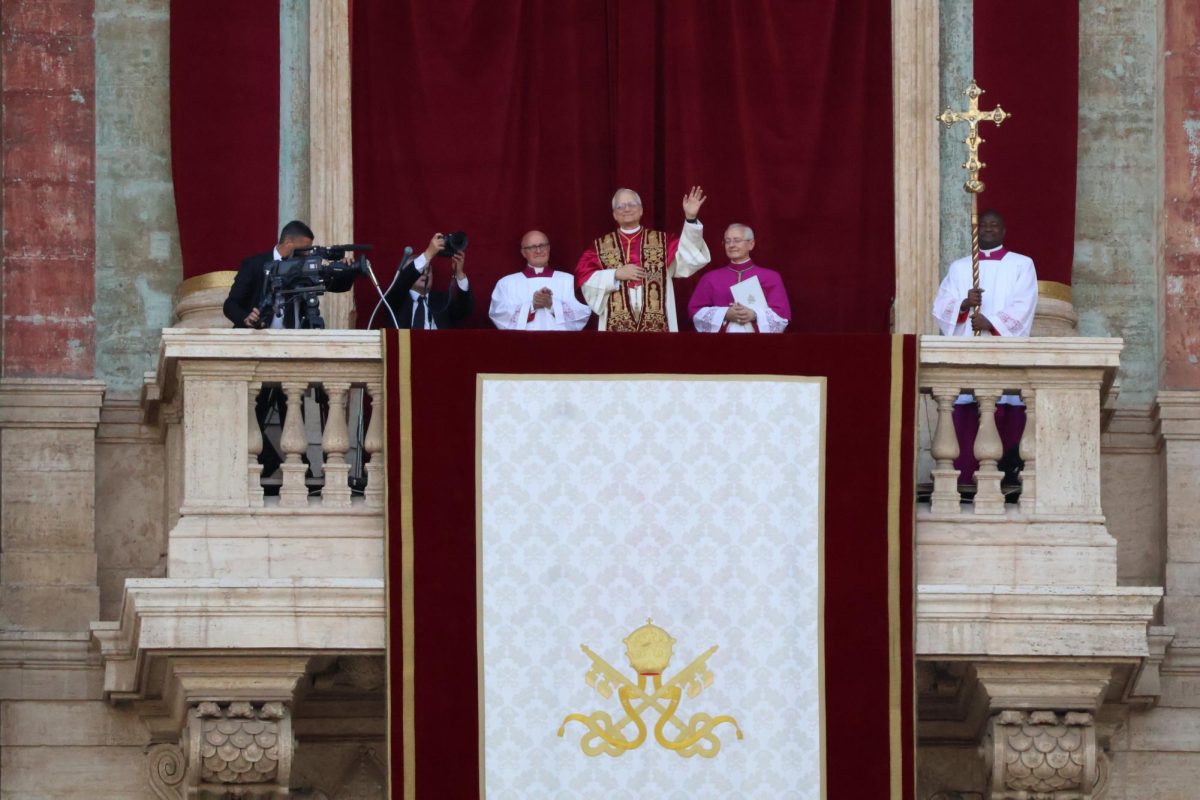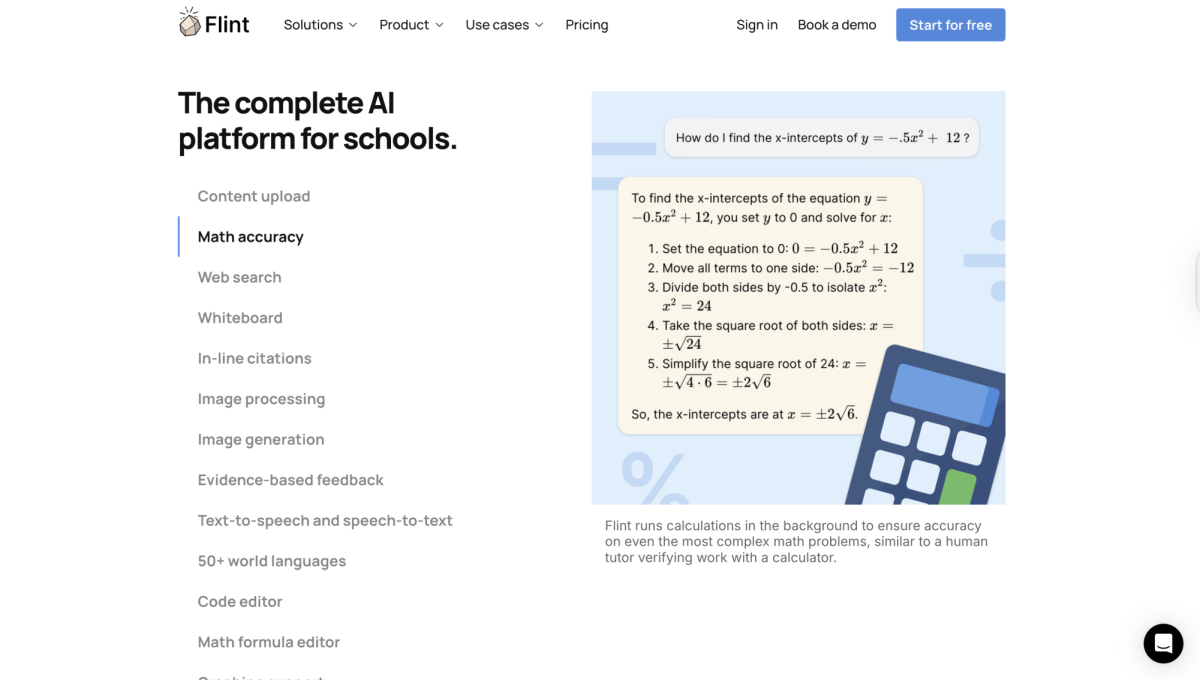The Pope, which is “papa” in Latin, signifying father, is the leader of the Roman Catholic Church, the largest branch of Christianity. The Pope is the bishop of Rome and resides in Vatican City, the world’s smallest independent nation, located within Rome. The Catholic Roman bishop has the supreme authority over the universal church, making decisions about faith and morality for Catholics around the world. The Pope is also the head of the Holy See, the Roman Catholic Church’s central governing body.
If a Pope dies or resigns, the College of Cardinals, a worldwide community of bishops and Vatican officials selected personally by the Pope, holds a series of meetings to elect a new Pope. At the general congregations, the meetings they hold after a vacancy in the papacy, the Cardinals have discussions about current issues confronting the Catholic Church.
The cardinals hold a Mass in St. Peter’s Basilica 15 to 20 days after the Pope dies or resigns, asking the Holy Spirit to guide their selection in electing a new Pope. However, not every Pope is eligible to vote; only cardinals under the age of 80 can be cardinal electors. The Cardinal electors take an oath of absolute secrecy in the Sistine Chapel before locking the doors to the public, where they will vote in four rounds daily until a candidate earns two-thirds of the vote.
After the votes are cast, the voting results are read aloud and recorded by three designated cardinals. If no one reaches the required threshold, the ballots are burned with chemicals that release black smoke in a stove, signalling no decision has been made.
Once a Cardinal has received two-thirds of the vote, the dean of the College of Cardinals asks if he accepts his election; following that he accepts, the newly appointed pope must select a papal name, be dressed in papal vestments, and prepare to appear on the balcony of St. Peter’s Basilica as the new Pope. The final ballots are then burned with chemicals that produce white smoke, signaling to the world that a new pope has been chosen.
The late Pope Francis died on April 21, 2025, and he was the first Latin American Pope, born and raised outside Europe. Since then, Pope Leo XIV has been elected as the new leader of the Roman Catholic Church, marking history by being the first U.S.-born Pope.
In less than 24 hours, the most geographically diverse papal electors chose an American Pope despite the recent controversy surrounding the current United States government. The U.S. is an economic and political superpower, and very few people expected the leader of around 1.3 billion Catholics to be a Pope from an influential and powerful nation, according to an article in The Atlantic.
Pope Leo XIV is known as a globalist: “someone who could be a force for peace and negotiate solutions and peace in the world,” according to PBS. He graduated from Villanova University with a degree in mathematics. Most of his life was spent outside of the U.S., serving as a missionary bishop in Peru and leading the Roman Augustinian order. His first words ascending from the balcony were “[peace] be with you all.”
Papal names have always held significance throughout the history of the Roman Catholic Church, and he chose the name “Pope Leo XIV,” connecting to Pope Leo XII. In the 1800s, Leo XII led the Church into modern social justice reform similar to Leo XIV’s work in Peru, such as advocating for workers’ rights. Choosing a name that echoes a legacy of justice and reform demonstrates his intention to carry forward those values in addressing the Church’s role in today’s global challenges.

With deep roots in Latin America, global Church leadership experience, and fluency in multiple languages, he embodies a truly international identity. His early messages of peace, inclusivity, and ethical leadership signal a papacy grounded not in nationalism but in global unity. As voices around the world respond to his election with cautious hope, Pope Leo XIV appears poised to guide the Church—and perhaps the wider world—toward a more compassionate and connected future. He may be American by birth, but his nationality takes a backseat to the global perspective he’s cultivated through decades of service across cultures, languages, and continents.

